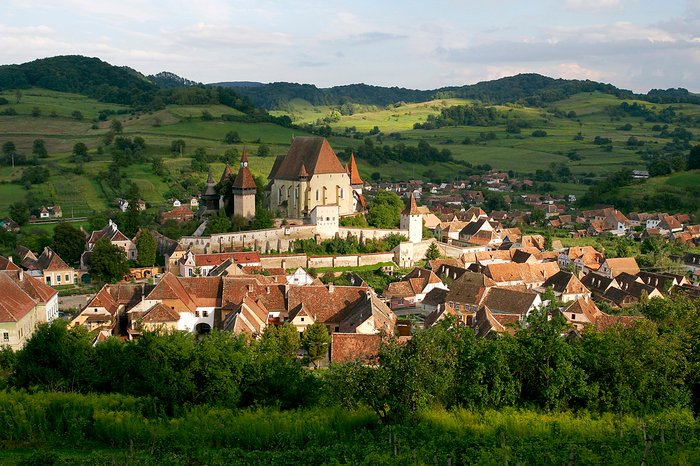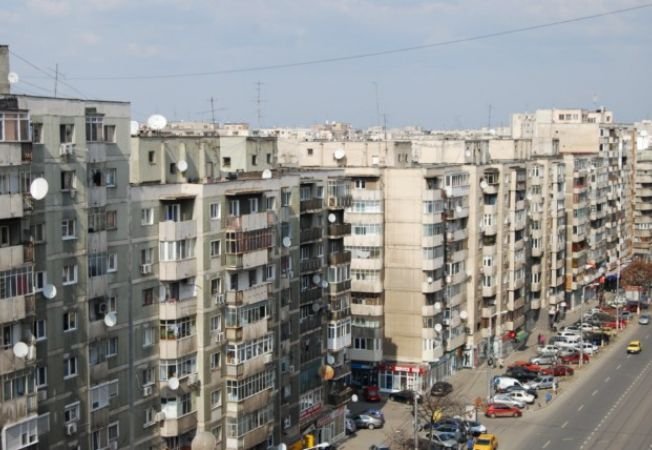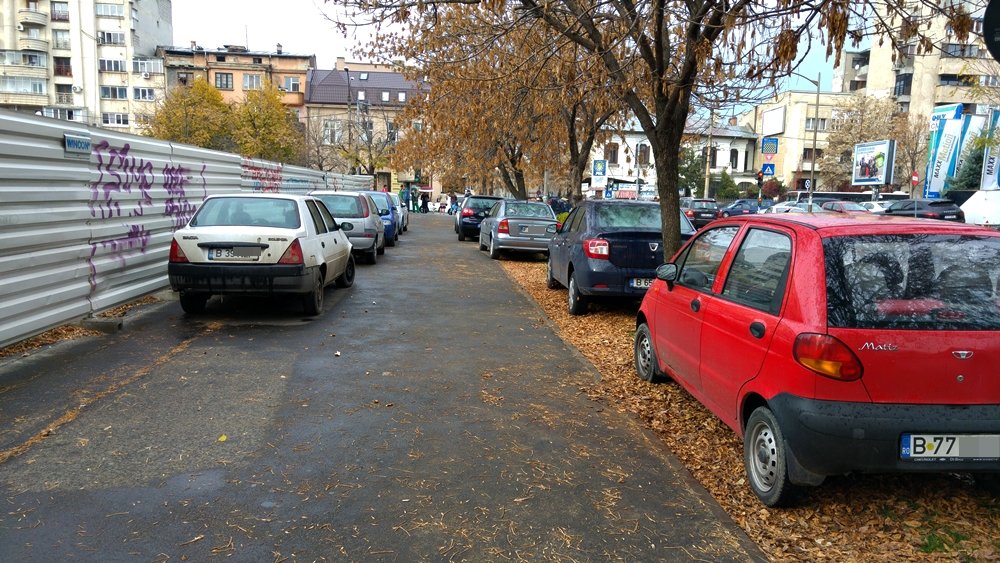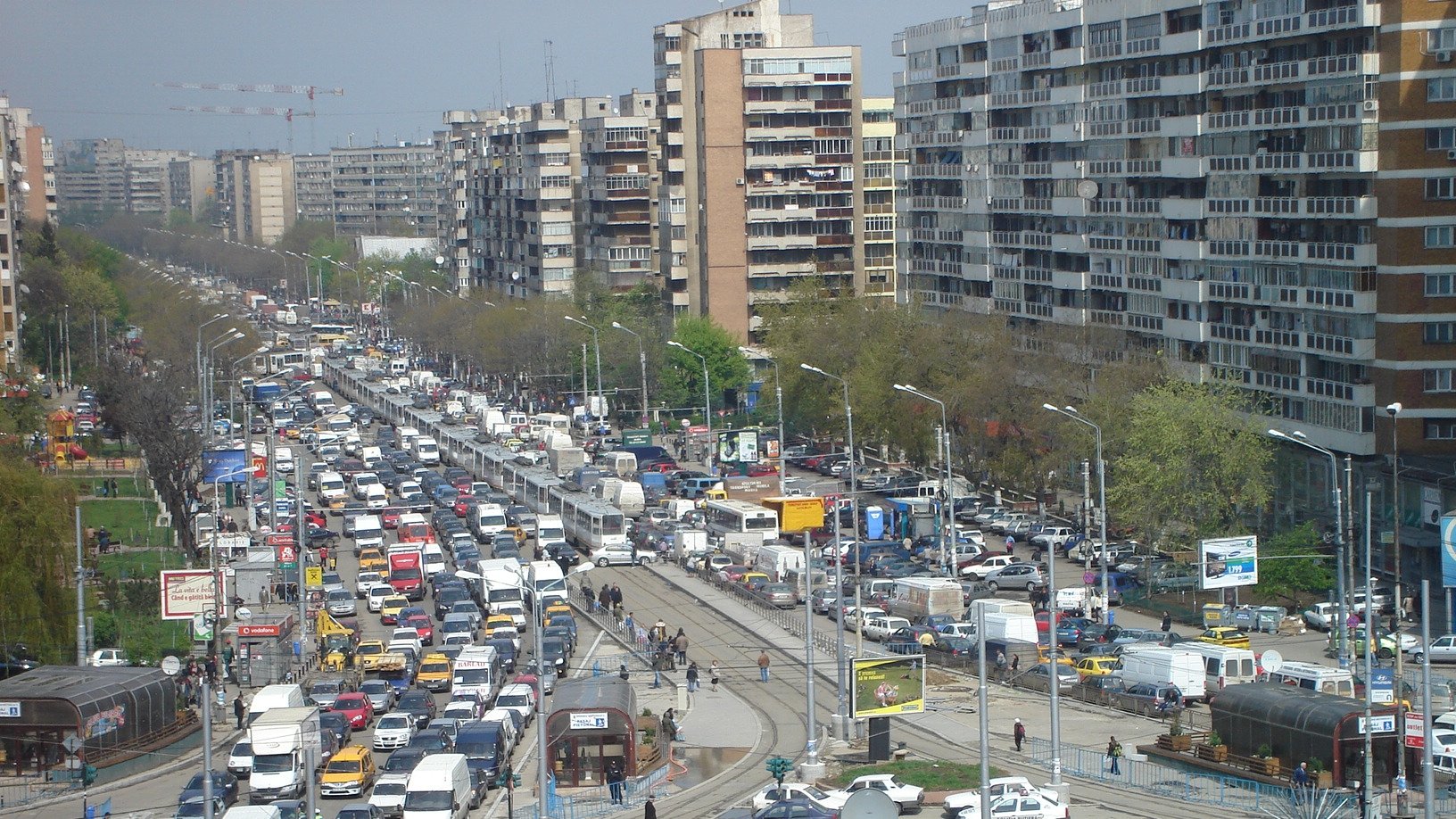I am basically an urban guy and would not, at least at this point in life, think about living in the country. Though there are some advantages – grow your own food, low cost of living – the trade-offs are just not worth it for me. For now I like the city, even if it is crowded. I live in a decent apartment in a decent area, and I like the shops and restaurants, bars and theaters, cinemas, music venues and whatnot. Anyway my job is not work-from-home, which would help, I assume, for someone to live in the country, where there are no engineering jobs. So this is not a story about me.
That being said I have, like many others, a strange interest in the so-called pastoral way of life, simple and closer to nature. The rhythms of life are different, the pace is slower, and things are more settled. Or, so it seems to the urban dweller, who probably does not understand the reality of country living. Like waking up at 6 in the morning during a hailstorm if you have livestock to feed.

The Romanian countryside is not like the British of French countryside. It is somewhat more primitive and poorer, and with a different feel. There are picturesque villages in Romania, where life goes on in almost timeless fashion and this is what tourists come to see, but more of it is definitely not like that. It is, like many rural areas poor, plagued with bad infrastructure, alcoholism and other afflictions.
So, moving to the country in Romania, Merry Olde England it is not. But some people still do it. Why? The change in pace, the change in rhythm, the longing for a different way of life. This is a powerful driving force for many.
Romania was always behind the times compared to Western Europe, and more rural. There was rapid urbanization and industrialization during communism, but, like all things imposed by force by the communist government, it was, in the long term, a disaster. The inefficient industry collapsed, the people who moved to the cities often felt alienated. The cities were, for many, quite shitty.

Why do I say the cities were shitty? Crowded, with bad, hastily created infrastructure, and hideous brutalist architecture. They were not created for good living. Housing was usually in cramped, badly insulated apartment in endless concrete apartment blocks. Romania has many jokes about apartment living and bad neighbors, which you could hear through the thin walls. There was no feeling of community.
Bucharest has a lot going for it. Jobs, decent wages, culture, growth. It is fairly dynamic and alive. But it is also crowded, polluted and noisy.
In Bucharest, the apartment buildings are very close to each other, with few green areas. The streets are small and crowded; the parking is a big problem. And there are lots of cars. One reason would be the fairly inefficient public transportation, but another the fact that after communism where having a car was difficult and sort of a status symbol, everyone wanted a car, even if it is mostly parked. The jobs are not where the apartments are, so commuting is a nightmare, some of the worst traffic in the world in this city. The air quality is bad, the noise is bad.

Over all this came the fact that Romania had one of the most epic housing bubbles in the world, and a lot of people were convinced to “buy now, things will only get more expensive.” Romanians are not renter at heart, the all want to own a home. So they bought. With 30 year credits, mostly denominated in foreign currency, without understanding credit risk and with variable interest rates to boot. Variable, as in whatever the bank felt like. It was a disaster in the making.
And then, the market tanked, and the currency tanked, and the credits became unbearable. And this is where the appeal of a simpler, rural life comes strong from. You had a shitty little concrete box in a hideous apartment block, a credit and a 2 hour a day commute. This is when the country really seems attractive.

Romanians have a strange expression. “A little house on the ground” or maybe on the land or on the dirt would be better translations. Anyway. It means well … not an apartment, but a house with maybe a small yard, and no neighbors above and below. It is a dream for most, and an unachievable one at that, in the city.
But maybe in the country where this is cheaper, maybe a small vegetable garden to grow my own food. Maybe a bit of break from the constant honking of horns (and believe you me, Romanians love honking their goddamn car horns), maybe air that is a little more breathable. It is simply a wish to get rid of the bank, the commute.
Will it work for most? No. Of course not. But it is something that I see more often around me
Note: Images sourced from - Romanian news websites
